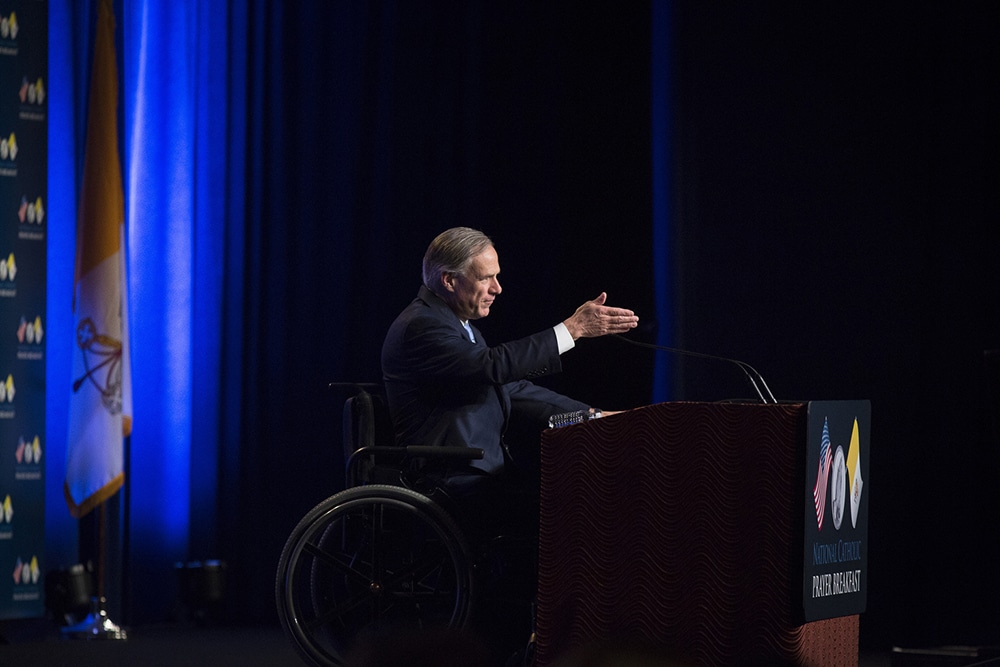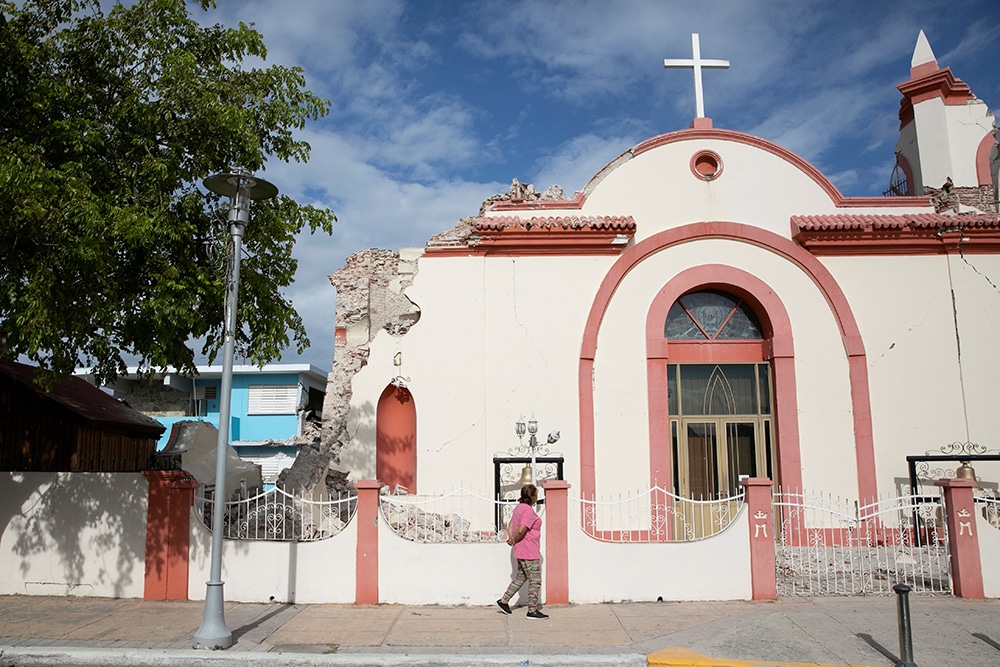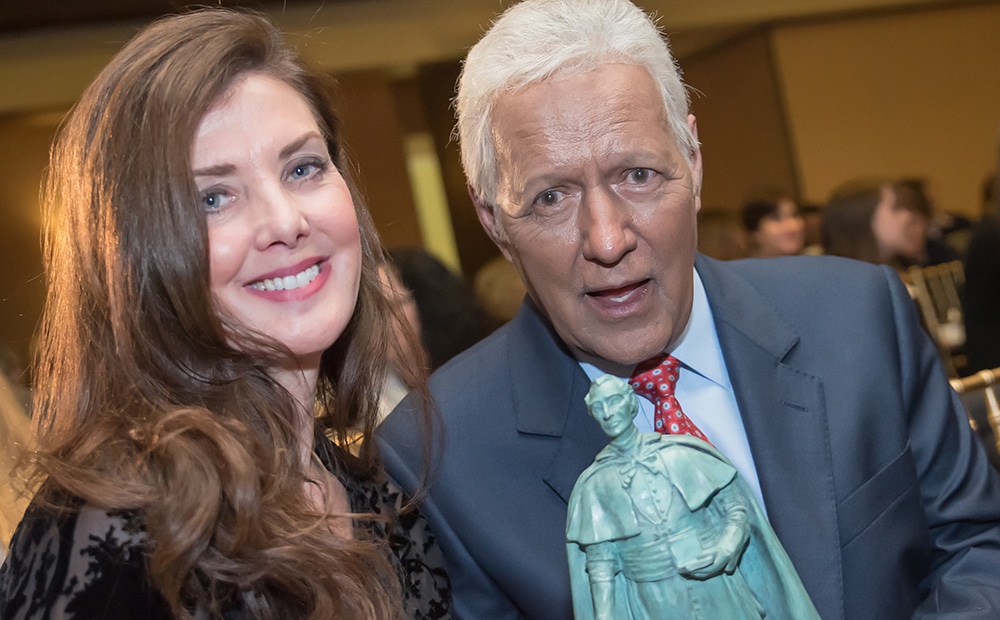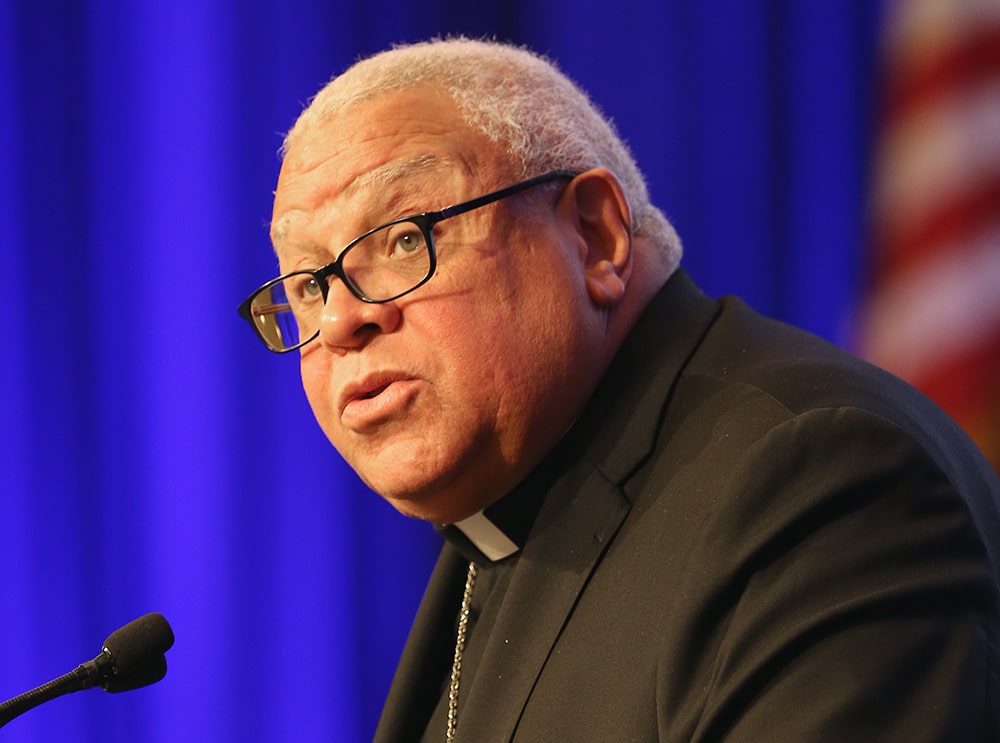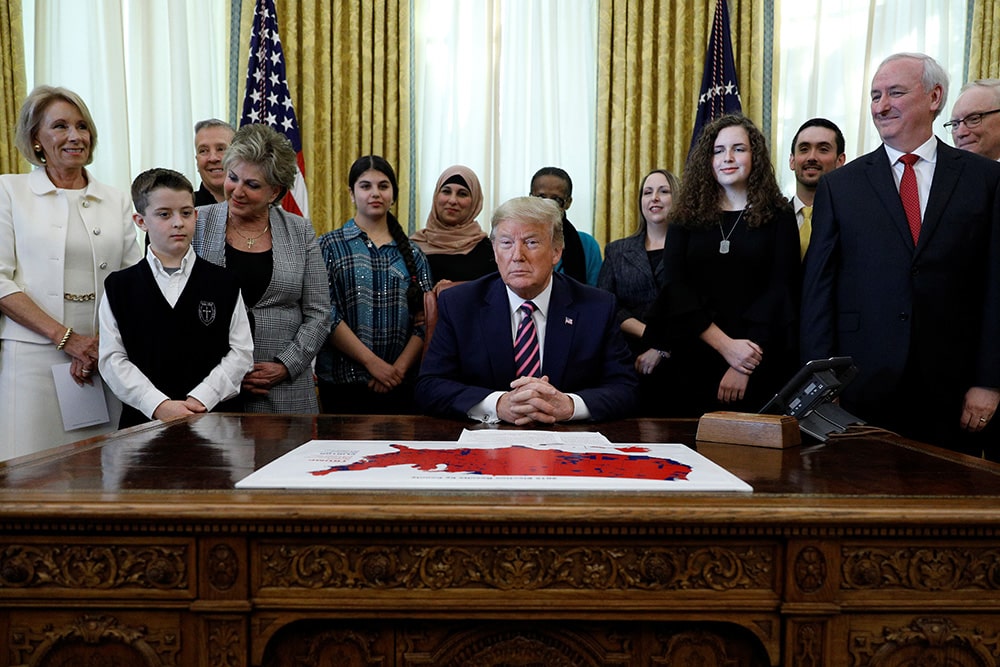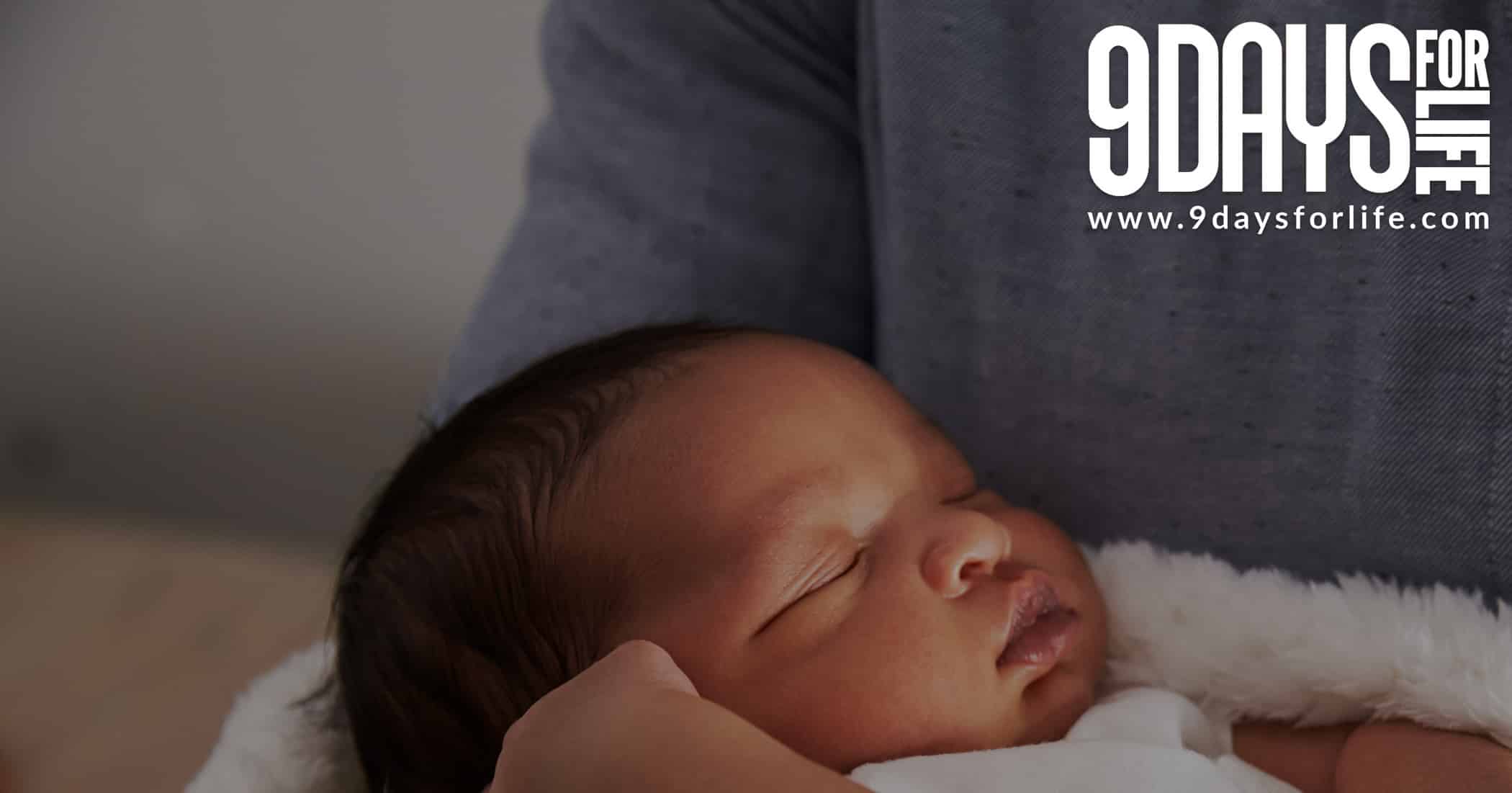In 20 years, a Catholic school might be one of the few places where a young person will be taught that human beings are created male and female. In that sense, the value of a Catholic education is becoming easier to evaluate — and so is the responsibility of Catholic schools.
The responsibility of a Catholic school is to form young people in a true vision of the world. That vision is given in Christ, who reveals God to us while also revealing us to ourselves. The responsibility to this vision does not excuse a Catholic school from educating its students in the arts and sciences, or from preparing its students for further education and meaningful work. Instead, Catholic schools are even more responsible for these things precisely because they are responsible to the vision given in Christ. Catholic education seeks nothing short of human flourishing. In sum, Catholic schools exist to educate the whole person and to provide an education that contemplates the full meaning of the human person and the ultimate meaning of the world as God’s creation.
Educating the whole person
Catholic schools are not a necessity; they are a gift. But they are a gift only so long as they accept the solemn responsibility bestowed upon them, which is the responsibility to claim the vision of the world revealed in Christ and to form young people in that vision. The Church herself is the herald and custodian of this vision, while its schools are one of its greatest means for witnessing to this vision, especially for the sake of the young. In the years and decades to come, this vision will be more countercultural and more needed than ever — not just for the good of Catholics and their young, but, indeed, for humanity. That is why the service that a Catholic school renders is not for its students alone; its service is rendered through and beyond its students in proclaiming to the world what it means to be human.
 Catholic schools never have been, nor are they now, nor will they ever be the Church’s primary means for forming young people. The majority of Catholic young people always have been and always will be educated outside of Catholic schools. The future of the Church in this country (or any other country, for that matter) does not depend on the success of Catholic schools. Instead, Catholic schools have the opportunity to assume a focused and specific leadership role in evangelization in the decades to come. They can set the standard for what a wholly human and humane education is. In so doing, they will not only form men and women according to a fundamentally true vision of the world, but they will also offer a prophetic witness as to what it means to educate the whole human person.
Catholic schools never have been, nor are they now, nor will they ever be the Church’s primary means for forming young people. The majority of Catholic young people always have been and always will be educated outside of Catholic schools. The future of the Church in this country (or any other country, for that matter) does not depend on the success of Catholic schools. Instead, Catholic schools have the opportunity to assume a focused and specific leadership role in evangelization in the decades to come. They can set the standard for what a wholly human and humane education is. In so doing, they will not only form men and women according to a fundamentally true vision of the world, but they will also offer a prophetic witness as to what it means to educate the whole human person.
The witness of a Catholic school will be made manifest in its curriculum, which unites the full array of liberal arts with the sciences, thereby refusing to reduce its students to monochromatic economy stimulators who are controlled by market forces and the latest trends. This witness will be felt through the rigor of its intellectual engagement, which includes how Catholic schools will challenge its students to move past the easy choices of sectarianism and secularism and engage instead in both faith that thinks and reason that prays. This witness will be evident in how Catholic schools form their students to consider and care for the wellbeing of others, because of the conviction that the God who created each of us demands and delights in our responsibility for one another, beginning with the responsibility for the poorest among us.
Understanding our place in creation
We live in a time when we are quickly losing hold of what it means to be human. The dignity of the unborn, the dignity of the elderly, the dignity of the disabled, the dignity of immigrants, the dignity of the poor, the dignity of man and woman, the dignity of marriage — all these and more have been thrown into crisis not simply through political ideologies but, indeed, through education. Young people are taught to see the world a certain way; they are taught to do science a certain way; they are taught to read texts a certain way, and that changes everything. Because of the way a young person is taught — according to certain presuppositions and assumed certainties — the world more likely appears one way rather than another. This is not a critique of public education; public education may or may not be to blame from time to time. The education that is throwing culture into crisis is much deeper and much more pervasive: It is a total education consisting of what is presented variously as “progress” or “the new normal.”
To offer an education founded upon the fundamental claim that the world is created, that God is its creator and that the human being is made in the image and likeness of God also changes everything. It means that all knowledge is ultimately complementary and that all human life is inviolable. It means that the most rigorous science demands the most rigorous theology, and vice versa, because the object of Catholic education is truth itself. It is not good science but bad science that rules out the action of a Creator, just as it is fear rather than faith that argues that belief in a creator invalidates the quests of serious inquiry. A Catholic education is a bold education, because it is an education about everything, beginning with the claim that everything is created.
Christ is the heart of Catholic education. He reveals who God is while revealing us to ourselves. Nothing truly divine, nothing truly human is absent from him, and therefore nothing truly divine, nothing truly human is outside the bounds of Catholic education. That’s its gift and its responsibility, both of which we are likely to recognize even better 20 years hence.
Leonard J. DeLorenzo, Ph.D., works in the McGrath Institute for Church Life and teaches theology at the University of Notre Dame. He is the author of “A God Who Questions” (OSV, 2019).
| NATIONAL CATHOLIC SCHOOLS WEEK |
|---|
|
The theme of National Catholic Schools Week 2020 is “Catholic Schools: Learn. Serve. Lead. Succeed.” This theme encompasses the core products and values that can be found in Catholic schools across the country. Along with the theme of the week, each day of National Catholic Schools Week, schools across the country also will be celebrating various aspects of Catholic schools. The daily themes are as follows:
Sunday, Jan. 26: Celebrating Your Parish
Monday, Jan. 27: Celebrating Your Community
Tuesday, Jan. 28: Celebrating Your Students
Wednesday, Jan. 29: Celebrating the Nation
Thursday, Jan. 30: Celebrating Vocations
Friday, Jan. 31: Celebrating Faculty, Staff and Volunteers
Saturday, Feb. 1: — Celebrating Families
For more information, visit NCEA.org/csw |


